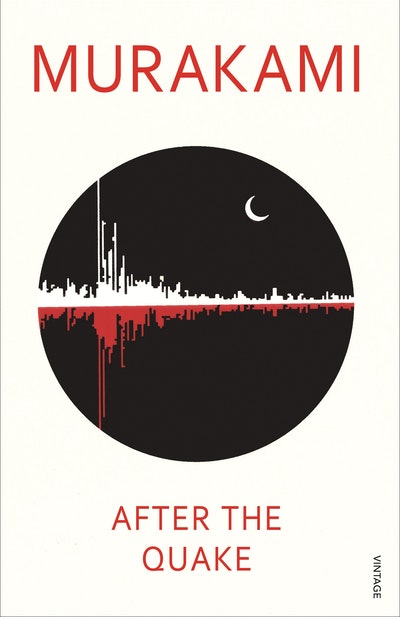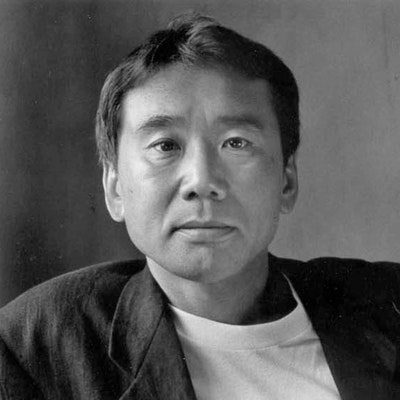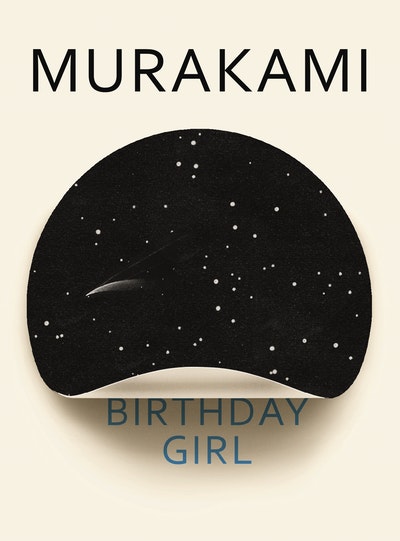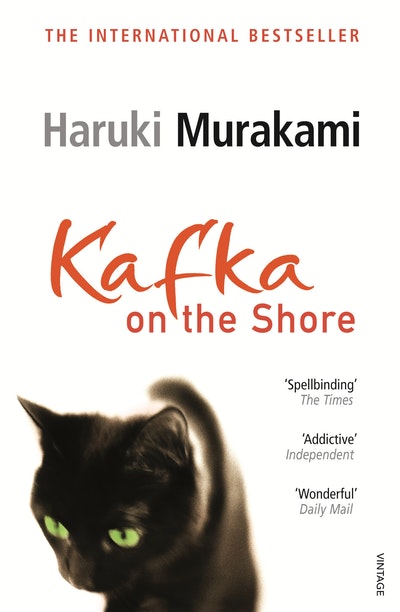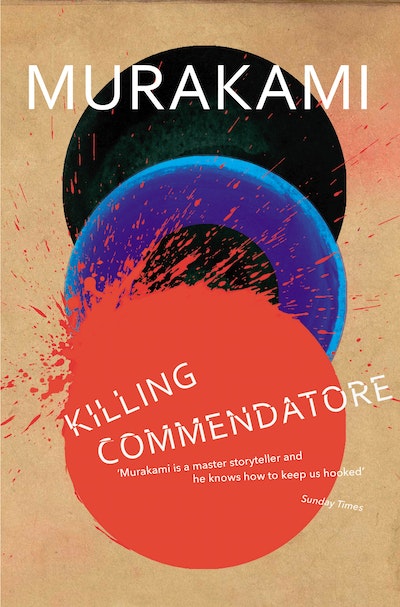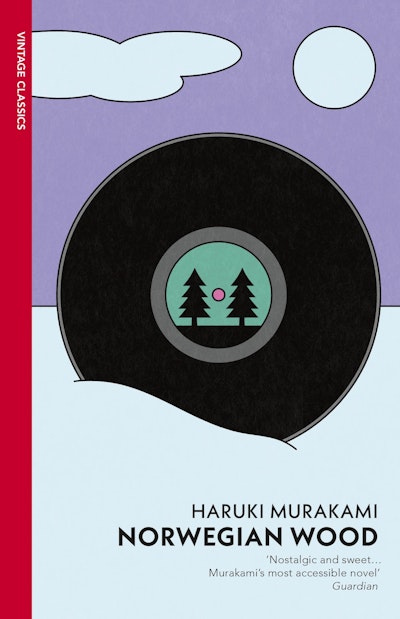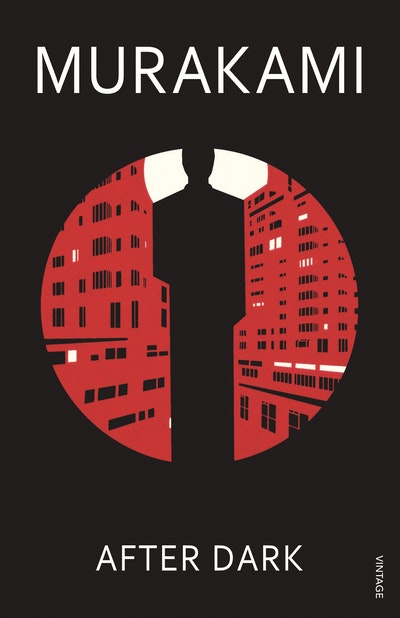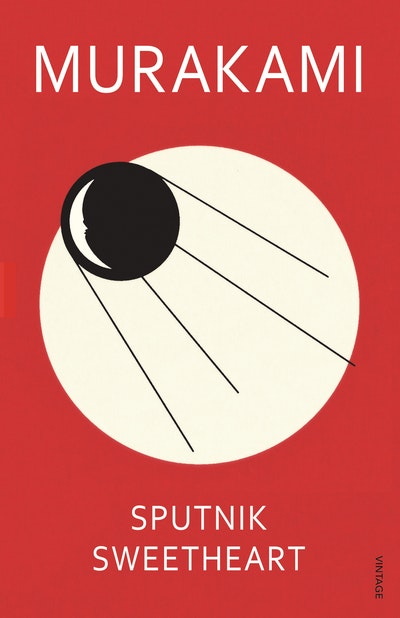- Published: 10 October 2011
- ISBN: 9781448103645
- Imprint: Vintage Digital
- Format: EBook
- Pages: 144
After the Quake
- Published: 10 October 2011
- ISBN: 9781448103645
- Imprint: Vintage Digital
- Format: EBook
- Pages: 144
A neat, yet somehow insanely generous collection..ruthless honesty, a faintly feminine openness, a seeming ability to find beauty and even glory in the banal, the urban, the modern... [the story] 'Honey Pie' isn't just a love story. It's a piece of writing about the threads and snags of time, the tangles, the way things pan out and why. I couldn't even begin to explain why I find it quite so moving and, in a sense, that's Murakami's magic. He speaks to a place so deep inside us that we can scarcely even reply
Daily Telegraph
A really imaginative collection where all the stories are intertwined and mysterious in that Murakami way
Observer
Beautifully nuanced stories, realistic snapshots of modern Japan enclosed in a fictional world that is seemingly trivial, but loaded with portent
Independent
Dazzlingly elegant...In a world where even the ground beneath our feet can't be relied on, imagination becomes less of a luxury and more of a duty. It's an obligation that Murakami is busily making his raison d'etre, to our very great advantage
Guardian
Even in the slipperiest of Mr Murakami's stories, pinpoints of detail flash out warm with life.
New York Times
In a dance with the delights of Murakami's imagination we experience the limitless possibilities of fiction. With these stories Murakami expands our hearts and minds yet again
The Times
In the world of literary fiction, Haruki Murakami is unquestionably a superstar...Many critics have touted Murakami for the Nobel Prize. If he can stay on this kind of form, he could be in with a chance
Scotland on Sunday
Murakami is a true original and yet in many ways he is also Franz Kafka's successor because he seems to have the intelligence to know what Kafka truly was - a comic writer.
Sunday Herald
Murakami is a unique writer, at once restrained and raw, plainspoken and poetic
Washington Post
Murakami is one of the best writers around.
Time Out
Murakami's storytelling inspires intimacy. It's the particular kind of intimacy that can evolve between a reader and a book, unspoken and unexpected, familiar, satisfying, strange.
JANE MENDELSOHN, Village Voice
Ushers the reader into a hallucinatory world where the real and surreal merge and overlap, where dreams and real-life nightmares are impossible to tell apart...this slender volume, deftly translated by Jay Rubin, may serve as a succinct introduction to his imaginative world...Lewis Carroll meets Kafka with a touch of Philip K. Dick
New York Times
